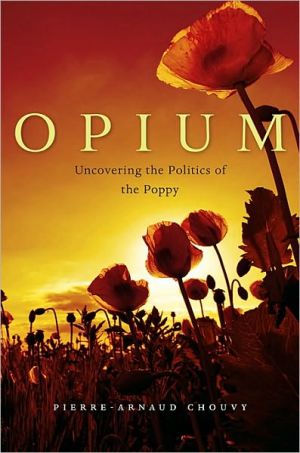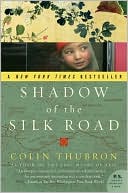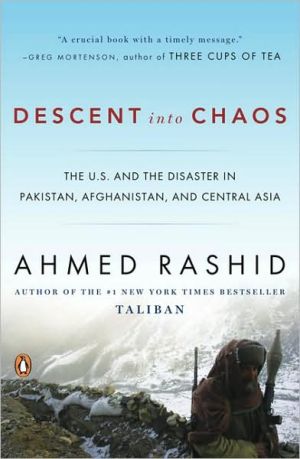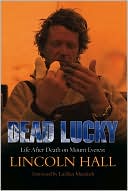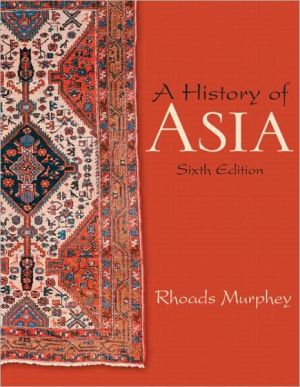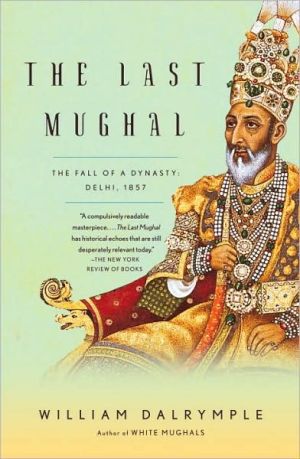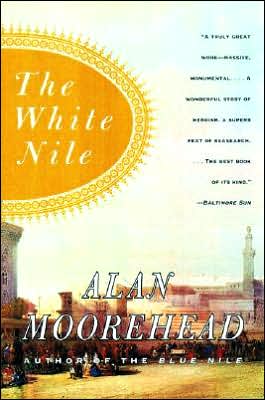Opium: Uncovering the Politics of the Poppy
Known to the Greeks as opos or opion, as afiun in Persian and Arabic, and fuyung in Chinese, opium is at once a palliative and a poison. Its exotic origins, its literary associations, and the properties that are, often erroneously, attributed to it have ensured an ongoing air of mystery.\ Pierre-Arnaud Chouvy reveals the long and fascinating history of a powerful and addictive drug and explores the changing fortunes of the modern-day illicit opium trade, especially in the remote regions of...
Search in google:
Known to the Greeks as opos or opion, as afiun in Persian and Arabic, and fuyung in Chinese, opium is at once a palliative and a poison. Its exotic origins, its literary associations, and the properties that are, often erroneously, attributed to it have ensured an ongoing air of mystery.Pierre-Arnaud Chouvy reveals the long and fascinating history of a powerful and addictive drug and explores the changing fortunes of the modern-day illicit opium trade, especially in the remote regions of Asia. He answers key questions: Why have anti-drug policies failed despite four decades of increasing effort? And what are the shortcomings and limitations of forced eradication, alternative development, "silver bullets," and other quick fixes? In answering these questions, Chouvy draws upon geography, anthropology, politics, and development studies. He shows that the history of opium production is unexpectedly linked to the history of Afghanistan.A compelling account of a narcotic as old as humanity, Opium offers powerful insights into the complex politics and economics of the poppy in the world today. The Washington Post - Sarah Halzack In laying out the economics and politics that tend to accompany opium farming, Chouvy encourages us to reevaluate our drug policy to focus less on the trade itself and more on its root causes, arguing that not until Afghanistan enjoys economic growth and a stable government will it be possible to curtail the drug trade.
\ The TabletPierre-Arnaud Chouvy...is an expert on the politics of illicit drugs in Asia. This detailed, well-researched...account is uncompromising in its conclusions: the American war on drugs has been an expensive failure; and crop eradication hasn't worked. Opium growing is a concomitant of weak or non-existent government, combined with civil war, poverty and food insecurity.\ — Robert Carver\ \ \ \ \ \ Foreign AffairsThis book traces the use of opium back to prehistoric times and sketches its complex and interesting history in Europe and especially in Asia, from ancient China and ancient Persia to modern times. It contends that opium production is intimately related to poverty and food insecurity, that eradication programs have inevitably failed to suppress opium production, and that the only way to reduce opium production is to address its economic and social sources by providing livelihoods superior to poppy production. Contrary to conventional wisdom, the labor-intensive production of opium is not highly lucrative to the poppy farmers; it does, however, compare favorably to alternative crops in the states where it is produced.\ — Richard N. Cooper\ \ \ \ New Republic onlineAs a site of both the war on terror and the war on drugs, Afghanistan serves Chouvy as a test case for investigating the chicken-or-egg questions that riddle anti-drug policy. What comes first, poverty or poppy growth? Do local warlords spur opium production, or do the conditions that first allowed warlords to take power also give way to a drug trade? Is narcoterrorism—the notion that terrorists use drugs to fund insurgencies—actually behind violence in Afghanistan? ...Opium's insight lies in its reframing of such questions: despite what some politicians would like you to believe, Chouvy argues, these phenomena—violence, poverty, and drugs—can never be understood independently of each other.\ — Jessica Loudis\ \ \ \ \ \ Washington PostIn laying out the economics and politics that tend to accompany opium farming, Chouvy encourages us to reevaluate our drug policy to focus less on the trade itself and more on its root causes, arguing that not until Afghanistan enjoys economic growth and a stable government will it be possible to curtail the drug trade.\ — Sarah Halzack\ \ \ \ \ \ Washington PostIn laying out the economics and politics that tend to accompany opium farming, Chouvy encourages us to reevaluate our drug policy to focus less on the trade itself and more on its root causes, arguing that not until Afghanistan enjoys economic growth and a stable government will it be possible to curtail the drug trade.\ — Sarah Halzack\ \ \ \ \ Foreign AffairsThis book traces the use of opium back to prehistoric times and sketches its complex and interesting history in Europe and especially in Asia, from ancient China and ancient Persia to modern times. It contends that opium production is intimately related to poverty and food insecurity, that eradication programs have inevitably failed to suppress opium production, and that the only way to reduce opium production is to address its economic and social sources by providing livelihoods superior to poppy production. Contrary to conventional wisdom, the labor-intensive production of opium is not highly lucrative to the poppy farmers; it does, however, compare favorably to alternative crops in the states where it is produced.\ — Richard N. Cooper\ \ \ \ \ The TabletPierre-Arnaud Chouvy...is an expert on the politics of illicit drugs in Asia. This detailed, well-researched...account is uncompromising in its conclusions: the American war on drugs has been an expensive failure; and crop eradication hasn't worked. Opium growing is a concomitant of weak or non-existent government, combined with civil war, poverty and food insecurity.\ — Robert Carver\ \ \ \ \ New Republic onlineAs a site of both the war on terror and the war on drugs, Afghanistan serves Chouvy as a test case for investigating the chicken-or-egg questions that riddle anti-drug policy. What comes first, poverty or poppy growth? Do local warlords spur opium production, or do the conditions that first allowed warlords to take power also give way to a drug trade? Is narcoterrorism--the notion that terrorists use drugs to fund insurgencies--actually behind violence in Afghanistan? ...Opium's insight lies in its reframing of such questions: despite what some politicians would like you to believe, Chouvy argues, these phenomena--violence, poverty, and drugs--can never be understood independently of each other.\ — Jessica Loudis\ \ \ \ \ Sarah HalzackIn laying out the economics and politics that tend to accompany opium farming, Chouvy encourages us to reevaluate our drug policy to focus less on the trade itself and more on its root causes, arguing that not until Afghanistan enjoys economic growth and a stable government will it be possible to curtail the drug trade.\ —The Washington Post\ \ \ \ \ Publishers WeeklyChouvy, a research fellow at France's Centre National de la Recherché Scientifique and an expert on opium production, offers a timely and provocative study of “the politics and economics of the poppy in Asia.” Despite the “broad adaptability” of the poppy, Asia accounts for 96% of the world's illicit opium, with war-ravaged Afghanistan alone supplying a staggering 93%. Chouvy meticulously recounts the poppy's very political history, concluding that while illicit production tends to flourish in areas where violence restricts state control, most “Asian opium farmers grow poppies in order to combat poverty.” Moreover, America's futile 40-year war on drugs has failed (and continues to fail) because it relies on inefficient and counterproductive eradication and crop substitution efforts to reduce supply without addressing the “root causes” of production—i.e., poverty and food insecurity. Exhaustively researched and cogently argued, Chouvy's analysis of the geopolitics of narcotics should be required reading for policymakers, stakeholders, and concerned citizens. (Mar.)\ \
